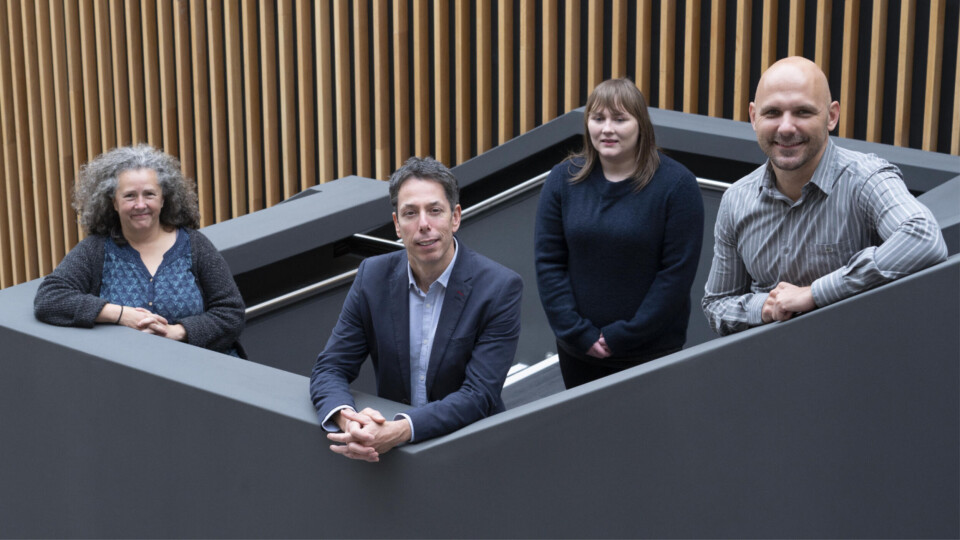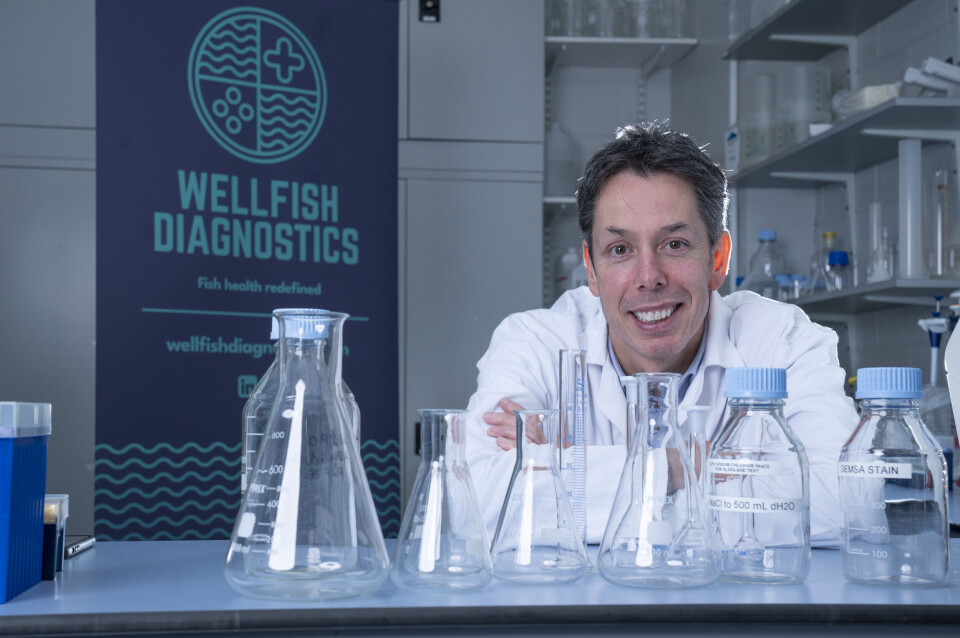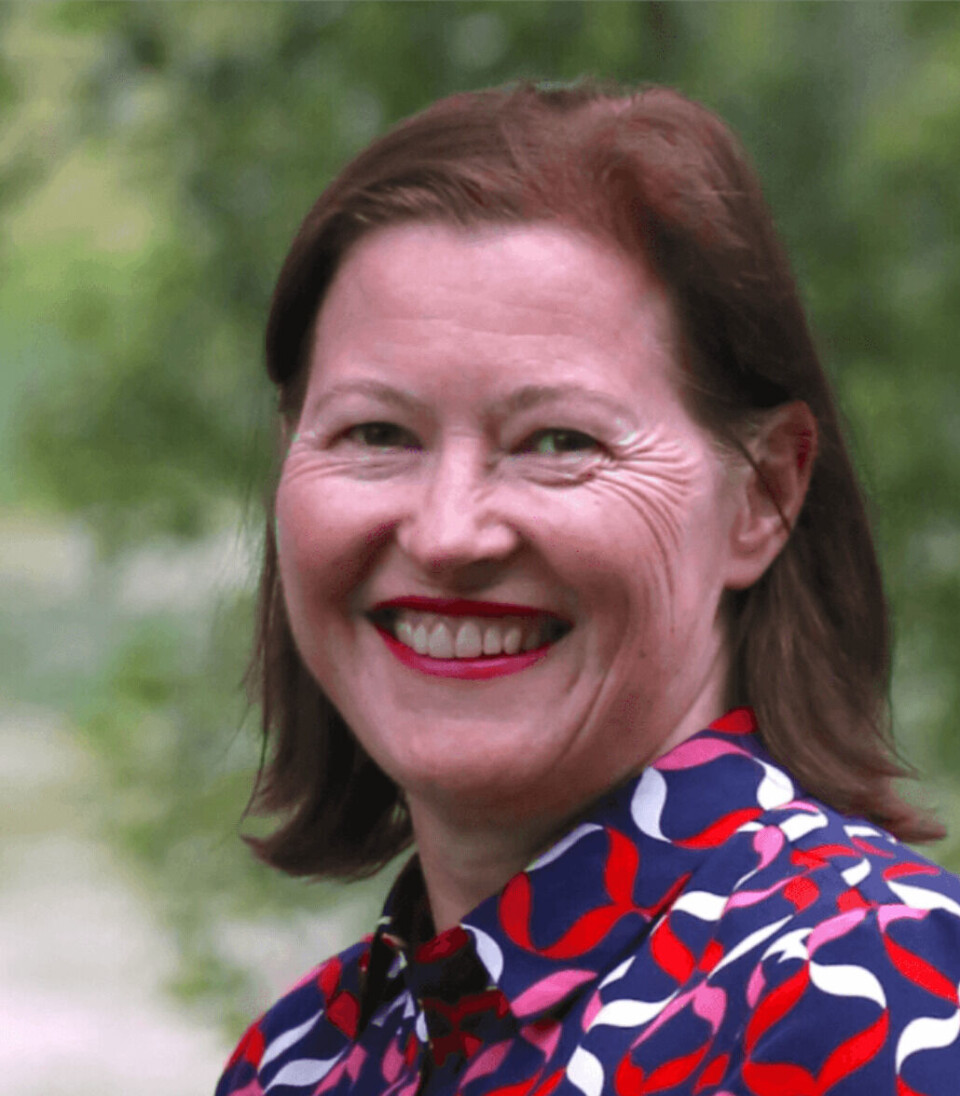
£1.2m for aquaculture diagnostics pioneer WellFish
A company that has developed a non-lethal way for assessing the health of farmed salmon and trout has landed a £1.2 million investment from the University of the West of Scotland (UWS), Kelvin Capital and Scottish Enterprise.
WellFish Diagnostics has established a method to enable fish farmers to continually monitor the health of their fish via blood sampling, in a unique approach developed by the company in conjunction with the salmonid farming industry in Scotland.
The company is a spin-out from UWS and is the result of an initial research and development project supported by the Sustainable Aquaculture Innovation Centre (SAIC), the UK Seafood Innovation Fund and Scottish Enterprise’s High Growth Spinout Programme. WellFish’s chief executive is Brian Quinn, a Professor of Ecotoxicology at the university.

Rapid growth
Quinn has plans for rapid, international growth, with expansion into Norway this year and further expansion into South America and Canada by 2023.
“WellFish presents a huge opportunity for the aquaculture sector to completely transform its practices for monitoring, responding to and predicting health challenges within the fish population,” Quinn said in a press release.
“Traditionally, fish farmers would have to undertake a slower sampling and testing process, often requiring fish to be euthanised prior to sampling, to monitor fish health within their farms.”
The company is working with the entire Scottish salmon sector, trout farmer Kames, and producers in Ireland and Norway to provide fish farmers with technology and training to take their own samples, which are then sent to WellFish for testing. The company is based in a state-of-the-art laboratory at UWS’s Paisley campus.
Quinn added: “We are the first-ever laboratory to offer a non-lethal method of examining fish health commercially. When fish farmers take their samples - which they are shown how to do using our kits and specialist training - they are then sent back to us in the laboratory where the data is interpreted using an algorithm-based AI model and presented back to farmers within 24 hours via our specialist website portal.
“It means farmers can make data-informed husbandry decisions, spot the early onsets of a potential health challenge and take proactive measures to reduce the impact, such as choosing to change feeding regimes or introducing early treatment to their fish populations.
Emerging trends
“Our company also enables farmers - and the wider aquaculture sector - to access our data and spot trends emerging over time, meaning we are also contributing directly to crucial knowledge transfer about fish health management practices within the sector and beyond. In this way, the farmers can provide their stock with the best health and welfare environments to the benefit of all parties.”
The WellFish Diagnostics management team includes experts from the aquaculture industry, such as Wellfish chairman Dr Graeme Dear, who was managing director of Marine Harvest Scotland from 2000-2004 and then MD of Skretting UK until 2007, and non-executive director John Allan, a former executive vice-president and chief technology officer of healthcare diagnostics company, Quotient.

Innovation with impact
SAIC chief executive Heather Jones said: “WellFish is a prime example of what can be achieved through the projects we fund – genuinely innovative technology that has a significant impact on aquaculture, not only in Scotland but across the world.
“Enhancing fish health and welfare is a key part of the sector’s sustainability and we are excited to see how this technology can be applied at a global scale.”
John McNicol, director of Scottish investment syndicate Kelvin Capital, said: “The WellFish team have developed truly innovative technology that is set to transform the aquaculture sector on a global scale. The salmon industry is worth around $15.4 billion with the main production sites in Norway, Chile, Scotland and Canada, so WellFish Diagnostics are perfectly placed to disrupt this vast market and we are excited to be working with the team to help them achieve these goals.”






















































